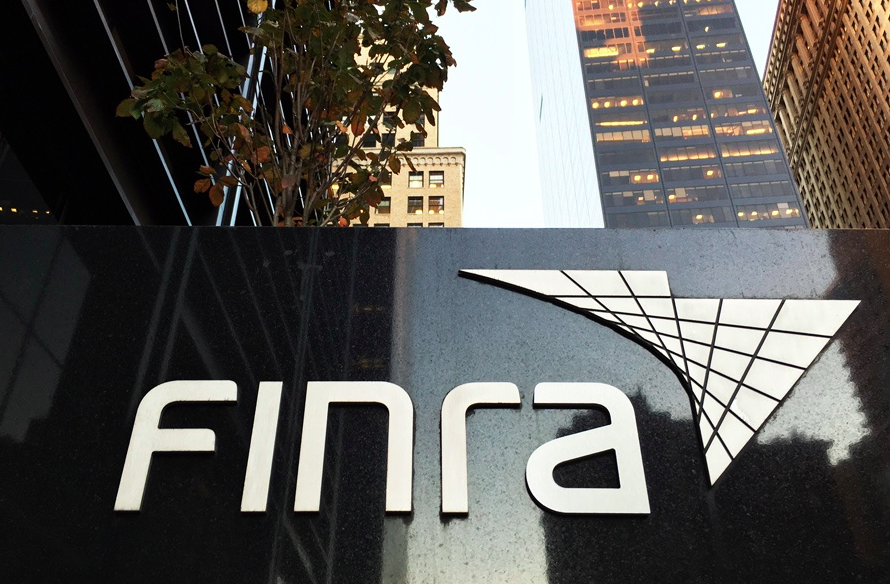Investor advocates say a Finra proposal to crack down on rogue brokerages doesn't go far enough to solve the problem of unpaid arbitration awards, while industry groups are expressing concerns that it gives Finra too much power to determine violations.
Under a
rule proposed in May, the
Financial Industry Regulatory Authority Inc. would
impose tougher oversight of broker-dealers with a track record of violations or that hire a high number of registered representatives with disciplinary histories.
If Finra designates a firm as "restricted," it could be required to make deposits into accounts managed by Finra that would be used in part to pay arbitration awards. The rule gives firms ways to avoid the designation, including reducing the number of rogue brokers on its staff.
In a
July 1 comment letter, the
Public Investors Arbitration Bar Association said Finra should acknowledge the proposal is "an incremental step toward protecting investors from high-risk firms."
But the group said it falls short of tackling the ongoing problem of
broker-dealers shirking their responsibility to pay arbitration awards.
"We have seen no data that shows the sums set aside will be sufficient to cover anticipated arbitration awards," wrote PIABA president Christine Lazaro and vice president Samuel B. Edwards.
State securities regulators criticized the proposal for not addressing how or if customer complaints removed from a registered representative's record will be used to determine which firms require additional financial obligations.
"Not counting the number of expungements in the preliminary identification criteria could also lead to firms encouraging — or even facilitating — expungements for their associated persons in the hopes of avoiding designation as a restricted firm," wrote Michael Pieciak, Vermont financial regulation commissioner and president of the
North American Securities Administrators Association Inc. in a
July 1 comment letter.
Finra has indicated that about 61 of the approximately 3,700 broker-dealers it regulates
would be targeted under the proposed rule.
The
Financial Services Institute, which represents independent broker-dealers and financial advisers, worries that Finra would wield too much power.
"FSI believes that the proposed rule would benefit from clear parameters around the discretion that will be exercised by Finra and clarification on the impact to net capital requirements and small firms," wrote Robin Traxler, FSI senior vice president for policy and deputy general counsel, in a
July 1 comment letter.
The
Securities Industry and Financial Markets Association praised the Finra proposal for putting the burden of setting aside cash on firms with disciplinary histories, but the group added that the firms should be involved in the designation process.
"Firms should have the in-house ability to make the same exact calculation as Finra to determine if the firm meets the preliminary criteria for identification," wrote Kevin Carroll, SIFMA managing director and associate general counsel, in a
July 1 comment letter. "This would allow a firm to monitor itself on a continuous basis, self-police and address any issues before Finra comes knocking on its door."
The comment deadline was July 1. Finra could modify the proposal before releasing a final rule, which would then have to be approved by the
Securities and Exchange Commission.







